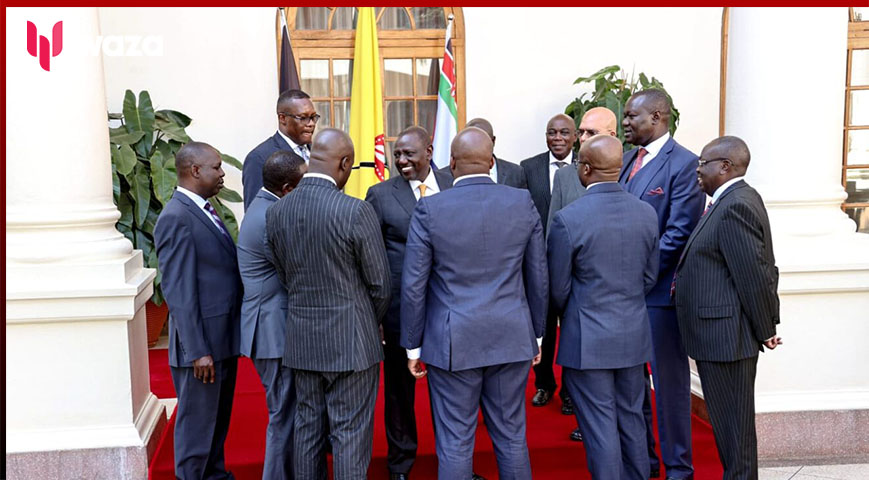The National Treasury’s proposal for national and county governments to share the burden of revenue shortfalls has been rejected by a mediation committee of Parliament. The committee, comprising members from the Senate and the National Assembly, resolved that counties would not bear the cost of such deficits.
“We have decided that counties will not shoulder the burden of revenue shortfalls,” stated Kiharu MP Ndindi Nyoro, who co-chaired the committee alongside Mandera Senator Ali Roba. Nyoro explained that since the National Treasury handles revenue projections and budgeting, it is more equipped to absorb shortfalls than the devolved units.

The Treasury’s proposal emerged after a Sh345 billion budget gap resulted from the withdrawal of the Finance Bill, 2024, following Gen Z protests. To address the deficit, the Treasury initially sought to reduce county allocations by Sh20 billion from the Sh400 billion earmarked for the current fiscal year.
Ultimately, the committee reduced county funding by Sh17 billion, setting the allocation at Sh387 billion. According to Nyoro, the national government has absorbed 93.6% of the austerity measures, while counties have only taken on 6.4%.
Looking ahead, lawmakers emphasized that the national government would bear full responsibility for future revenue shortfalls. This position aligns with the stance of the Commission on Revenue Allocation (CRA), which in September opposed the Treasury’s push to cut county allocations due to revenue challenges.

“The shortfall in actual revenue raised nationally will be borne by the national government,” CRA affirmed.
Treasury Cabinet Secretary John Mbadi highlighted the country’s constrained fiscal situation, noting a revenue shortfall of Sh316.7 billion in the previous financial year. He explained that out of a Sh2.63 trillion working budget, Sh1.1 trillion goes to debt servicing, Sh750 billion to salaries and wages, and Sh190.4 billion to non-discretionary expenditures, leaving the Exchequer with just Sh531 billion for other needs.









